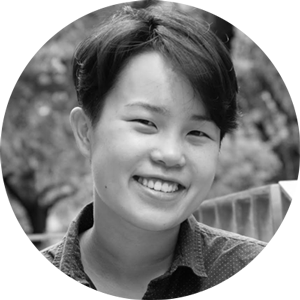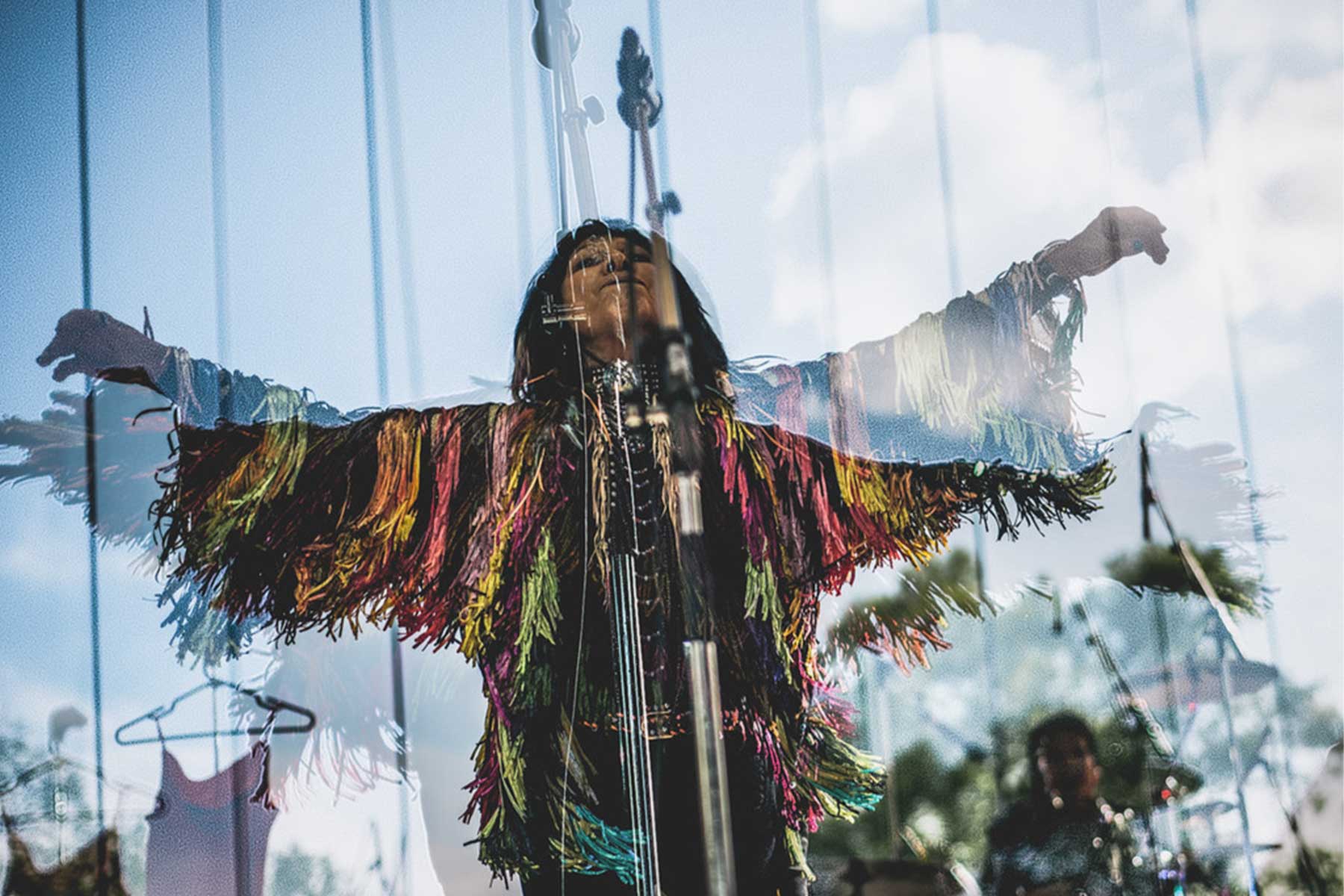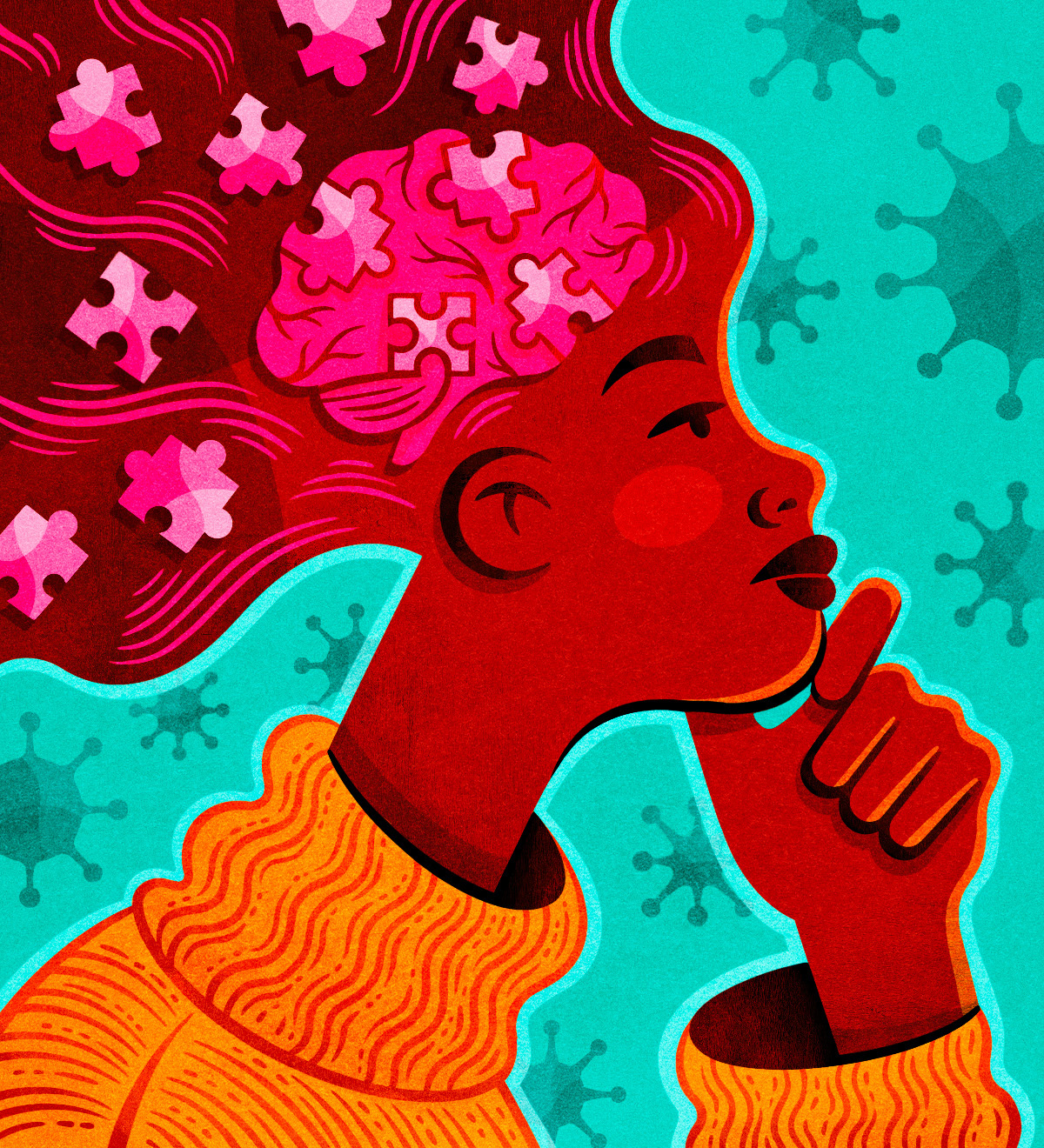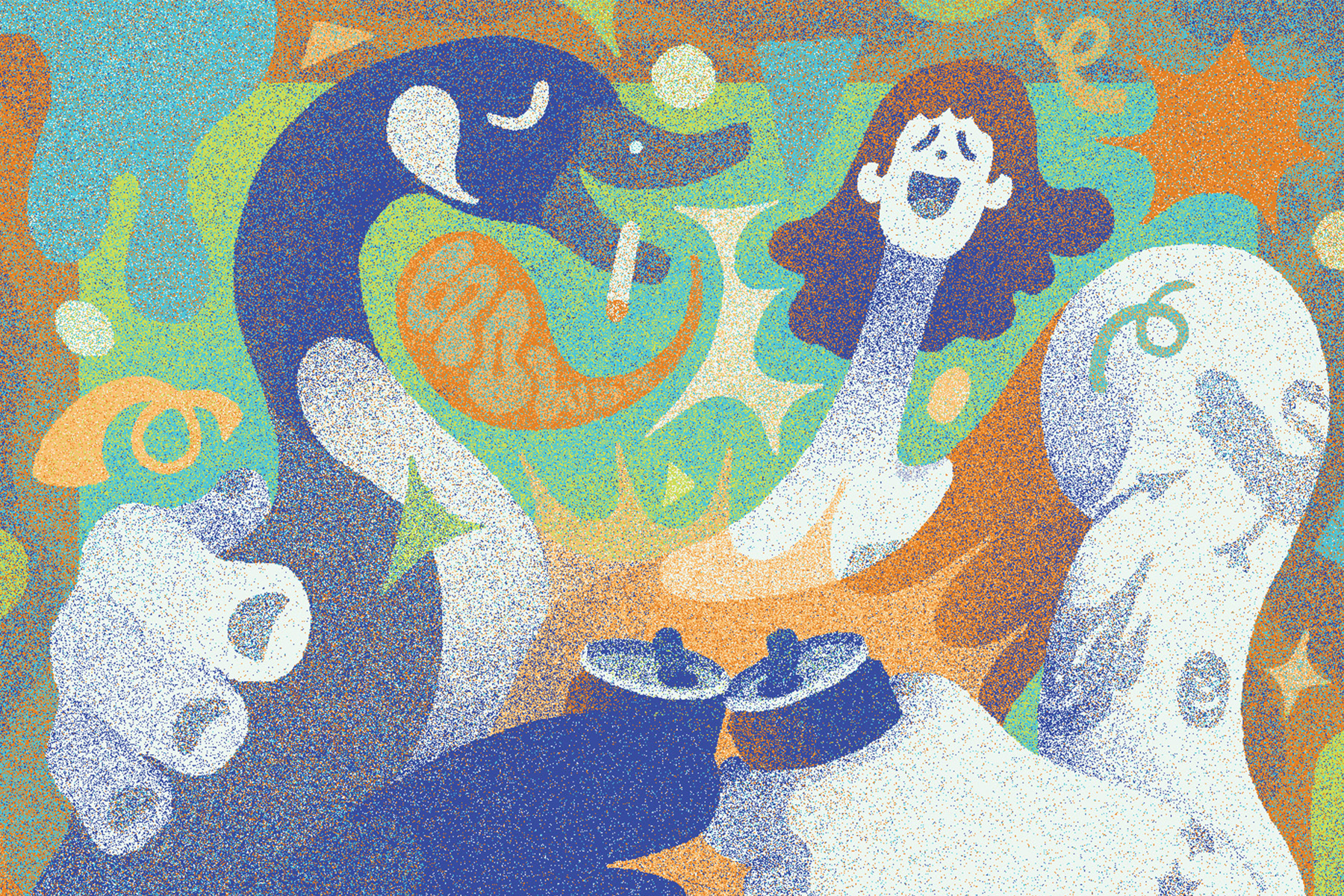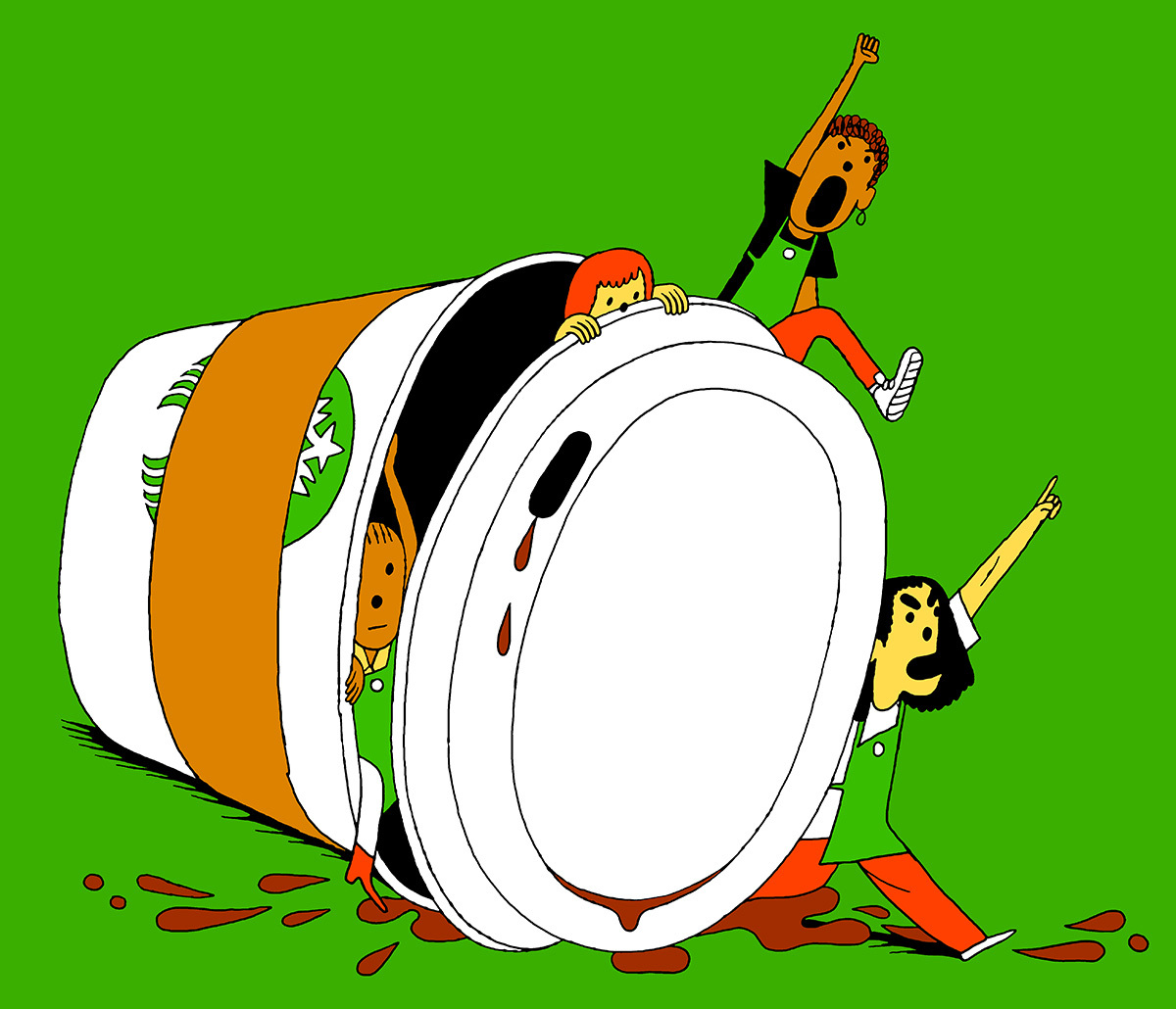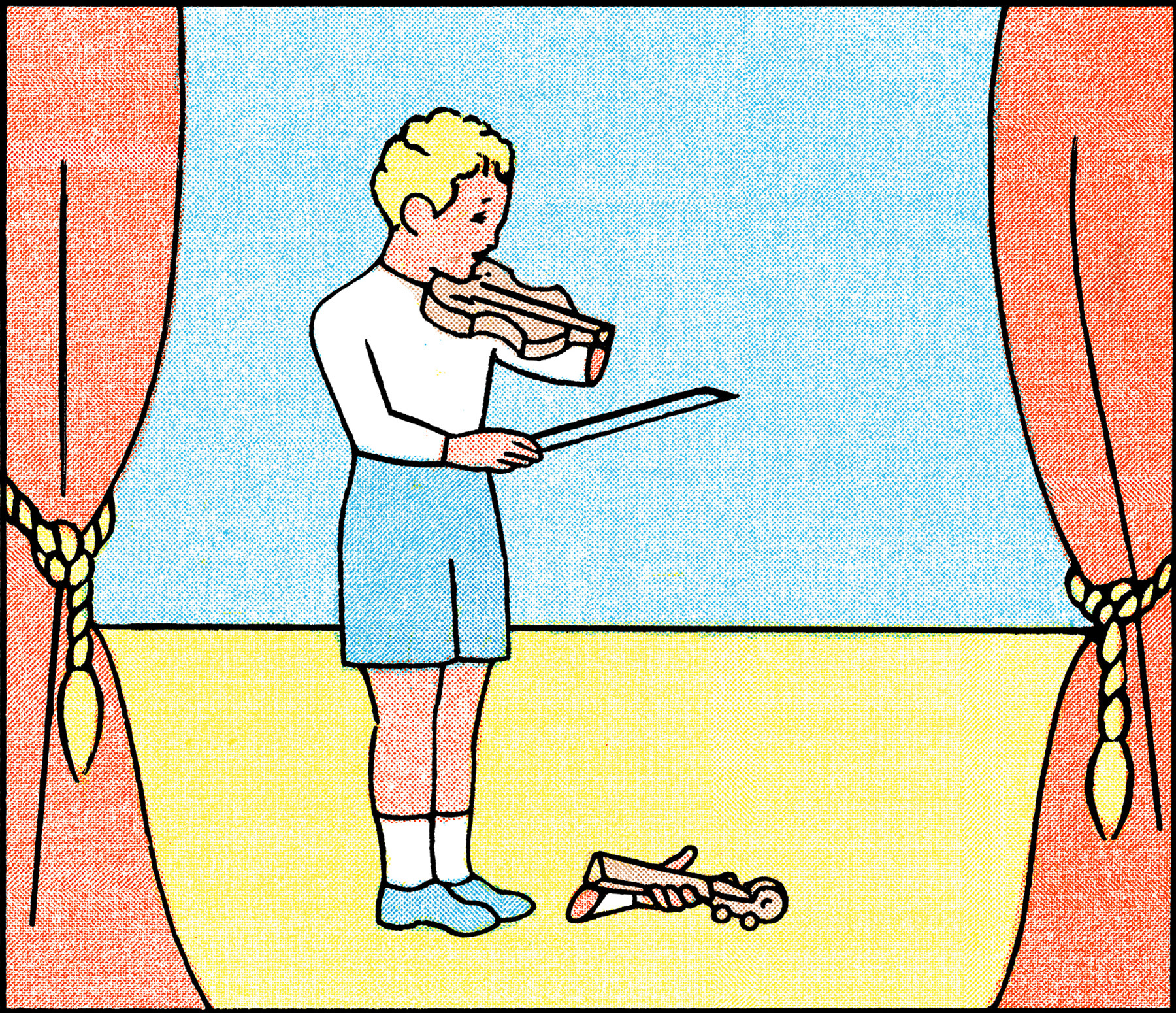FELLOWSHIPS, EDUCATION, AND AWARDS
Alongside our long-standing fellowships with the Chawkers Foundation, Power Corporation of Canada, TD Bank Group, and CIBC, in 2023, we also introduced a new fellowship, the CRRF Fellowship for Emerging Indigenous, Black, and racialized Journalists and welcomed Indigenous journalist Colby Payne as its first recipient.
Soraya Amiri, JHR Fellow, 2022/23 (Journalists for Human Rights Fellowship for Afghan media professionals, in partnership with the Meta Journalism Project)
Toronto, Ontario
Mihika Agarwal, Cannonbury Fellow, 2023/24
Vancouver, British Columbia
Emma Buchanan, Cannonbury Fellow, 2022/23
Toronto, Ontario
Mashal Butt, Power Corporation of Canada Senior Fellow, 2023/24
Vancouver, British Columbia
Yasmin Duale, CIBC Fellow, 2022/23 (CIBC Digital Fellowship for Emerging Black Journalists)
Toronto, Ontario
Khalida Elsadati, TD Fellow, 2023/24 (TD Fellowship on Disability and Inclusion)
Toronto, Ontario
Connor Garel, Justice Fund Writer in Residence, 2023
Toronto, Ontario
Trisha Gregorio, TD Fellow, 2022/23
Toronto, Ontario
Dhriti Gupta, Chawkers Fellow, 2023/24
Oshawa, Ontario
Makda Mulatu, CIBC Fellow, 2023/24
Edmonton, Alberta
Tobin Ng, Chawkers Fellow, 2022/23
Ottawa
Colby Payne, CRRF Fellow, 2023/24 (Canadian Race Relations Fellowship for Emerging BIPOC Journalists)
Vancouver, British Columbia
Aysha White, The Walrus Editorial Fellow, 2022/23
Montreal, Quebec
Emma Wilkie, Power Corporation of Canada Senior Fellow, 2022/23
Halifax, Nova Scotia
The Walrus’s educational influence goes beyond our fellows. We received several requests to reprint our stories in other publications, including Readers’ Digest Canada and The Cottage. In 2023, educational bodies, like the British Columbia ministry of education, the New York City department of education, and Public Consulting Group, and literacy program CommonLit also republished a number of stories for use in assessments and educational resources.
The Walrus was once again recognized by peers for our journalism. The year began with a gold award for Gabrielle Drolet, whose piece “In Defence of Garlic in a Jar: How Food Snobs Almost Ruined My Love of Cooking” won the Best Feel-Good Story award in the media category at the Canadian Online Publishing Awards. This was followed by Leyland Cecco winning the Mindset Award for Reporting on the Mental Health of Young People for his personal chronicle “How a Tourette’s Diagnosis Helped Me Understand Who I Am.”
On the biggest night of Canadian media awards, The Walrus took home three National Magazine Awards, including gold for poetry by Susan Musgrave and silver for Julien Posture’s illustrations in “What Tourette’s Taught Me” as well as for Eva Holland’s “Giant Mine’s Toxic Legacy,” which won for personal journalism. At the Digital Publishing Awards, celebrated on the same night, K.J. Aiello won gold in the personal essay category for “Who Gets to Be Mentally Ill?”
We were also finalists at the Webster Awards in the excellence in feature reporting category, for Amy Romer’s “‘The New Residential School System’: How a First Nation Rallied against the Foster Care System,” and Meagan Gillmore won the Katherine Schneider Journalism Award for excellence in disability reporting, at the Walter Cronkite School of Journalism at Arizona State University, for “Have Assisted Dying Laws Gone Too Far?”
To cap off a year of accolades, senior editor Harley Rustad’s best-selling book Lost in the Valley of Death: A Story of Obsession and Danger in the Himalayas won a Religion News Association Award and placed first in the non-fiction books category and was also the overall grand prix winner at the 2023 Poland Mountain Festival. The book is also set to be developed into a documentary by Blue Ant Media–owned Beach House.

I feel incredibly grateful to have spent a year learning and growing at The Walrus. Having the opportunity to talk through editorial decisions and collaborate with seasoned editors has been a deeply valuable experience, and I’m excited to further develop my editing skills after the fellowship.
Tobin Ng, Chawkers Fellow, 2022/23, now Associate Editor, Maisonneuve

Back to top
